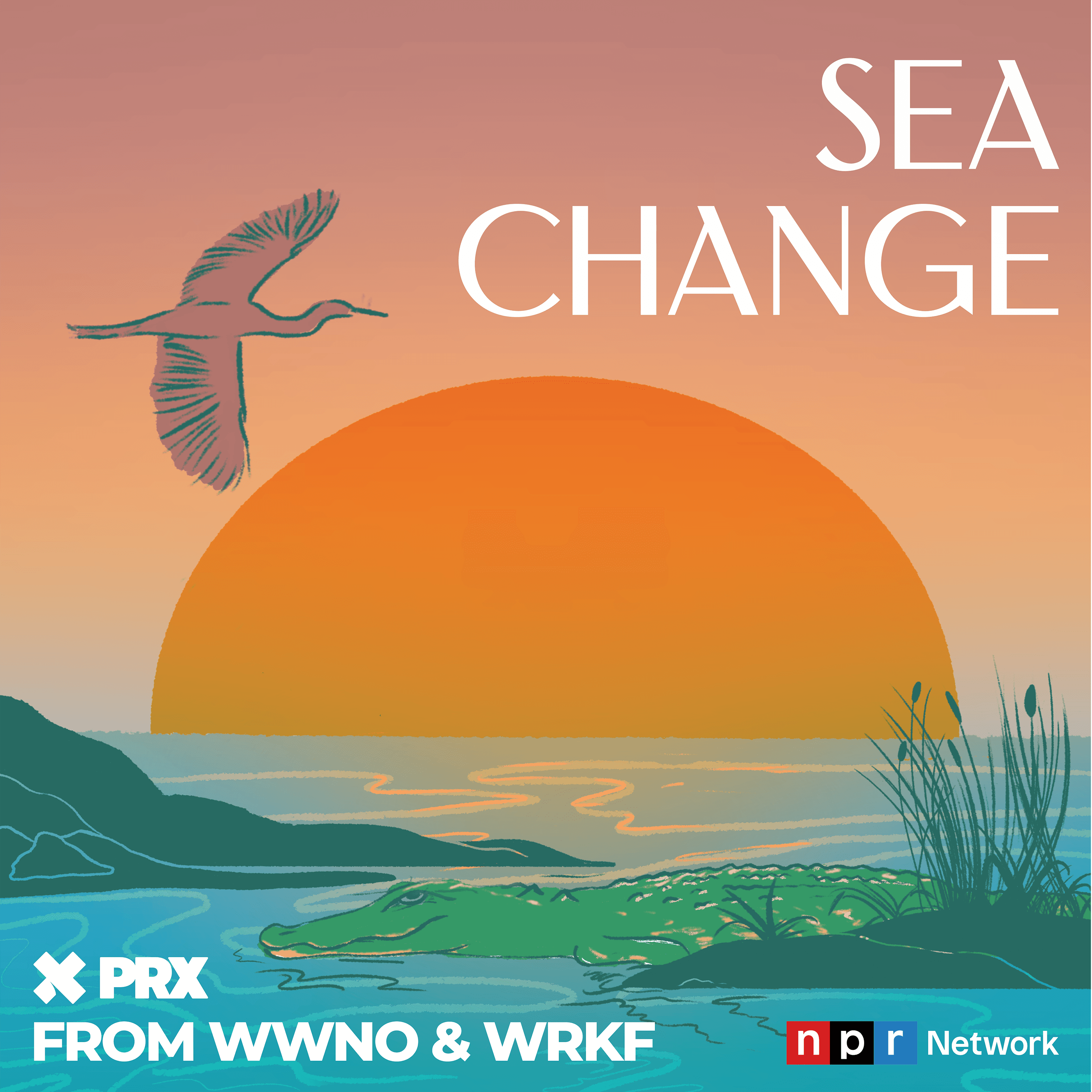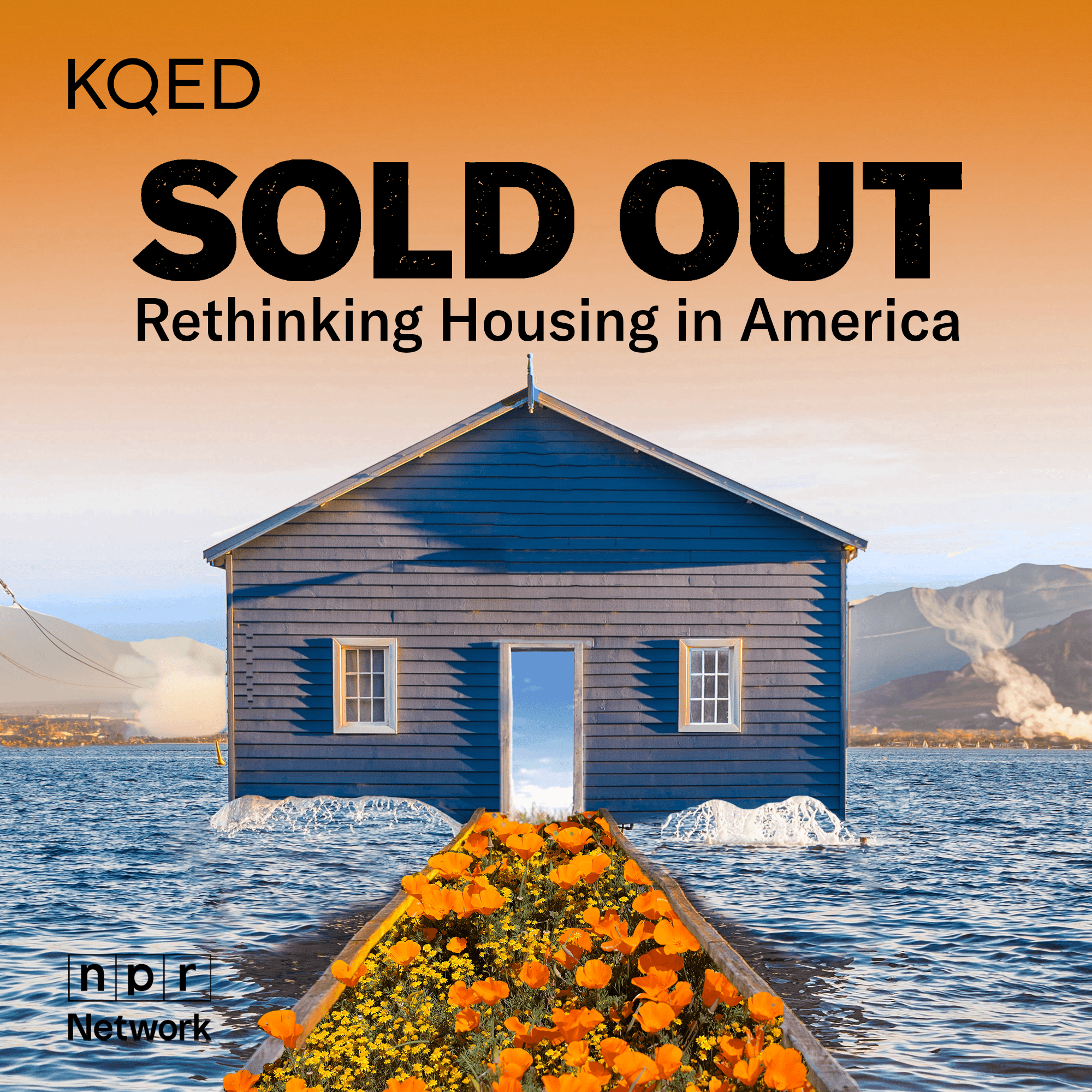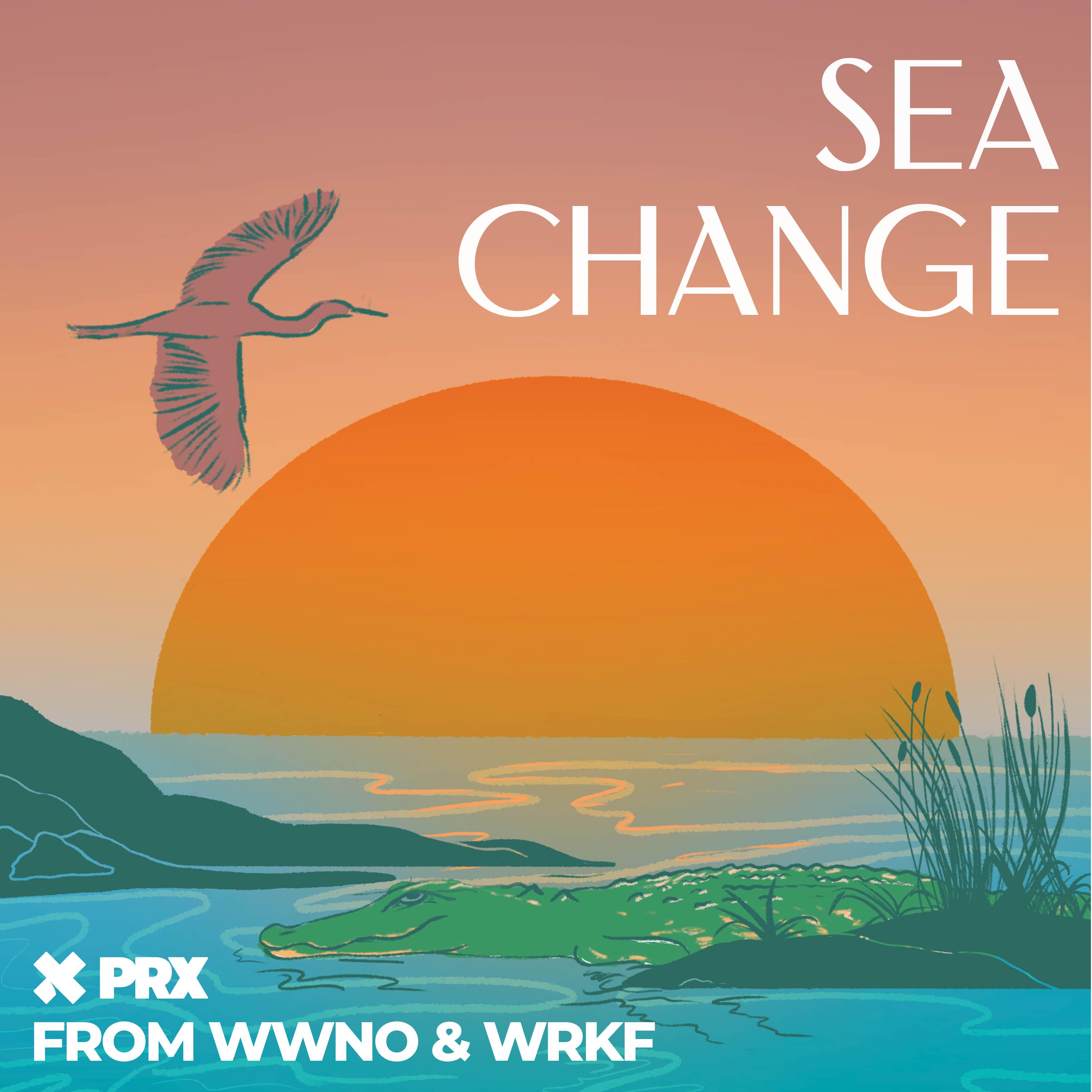
Sea Change
WWNO & WRKFLiving on the coast means living on the front lines of a rapidly changing planet. And as climate change transforms our coasts, that will transform our world.
Every two weeks, we bring you stories that illuminate, inspire, and sometimes enrage, as we dive deep into the environmental issues facing coastal communities on the Gulf Coast and beyond. We have a lot to save, and we have a lot of solutions. Join us as we investigate and celebrate life on a changing coast. It’s time to talk about a Sea Change.
Based in New Orleans, Sea Change is a production of WWNO New Orleans Public Radio and WRKF Baton Rouge Public Radio. Sea Change is a part of the NPR Podcast Network and is distributed by PRX. Hosted by Carlyle Calhoun. Our theme song is by Jon Batiste.
Sea Change is made possible with major support provided by The Gulf Research Program of the National Academies of Sciences, Engineering, and Medicine and The Water Collaborative. The Coastal Desk is supported by the Walton Family Foundation, the Greater New Orleans Foundation, and the Meraux Foundation.
Living on the coast means living on the front lines of a rapidly changing planet. And as climate change transforms our coasts, that will transform our world.
Every two weeks, we bring you stories that illuminate, inspire, and sometimes enrage, as we dive deep into the environmental issues facing coastal communities on the Gulf Coast and beyond. We have a lot to save, and we have a lot of solutions. Join us as we investigate and celebrate life on a changing coast. It’s time to talk about a Sea Change.
Based in New Orleans, Sea Change is a production of WWNO New Orleans Public Radio and WRKF Baton Rouge Public Radio. Sea Change is a part of the NPR Podcast Network and is distributed by PRX. Hosted by Carlyle Calhoun. Our theme song is by Jon Batiste.
Sea Change is made possible with major support provided by The Gulf Research Program of the National Academies of Sciences, Engineering, and Medicine and The Water Collaborative. The Coastal Desk is supported by the Walton Family Foundation, the Greater New Orleans Foundation, and the Meraux Foundation.






























































The Drowning South: A Conversation with the Washington Post

The ocean is rising across the South faster than almost anywhere else in the world. Today, Eva Tesfaye, a reporter for Sea Change, talks to the two journalists behind the Washington Post’s new series “The Drowning South.” Chris Mooney and Brady Dennis discuss their data-driven reporting, which takes them from Texas to North Carolina. It’s a fascinating conversation about how journalists are finding ways to tell the complicated stories of climate change and offers deep insight into why the south is especially at risk. That’s coming up after the break.
Links to the first stories in the Washington Post’s series, “The Drowning Coast.”
“Where Seas are Rising at Alarming Speed”
This episode was produced by Eva Tesfaye, and me Carlyle Calhoun. Sea Change’s managing producer is Carlyle Calhoun. Our sound designer is Emily Jankowski. And our theme music is by Jon Batiste. Sea Change is a WWNO and WRKF production. We are part of the NPR Podcast Network and distributed by PRX.
Sea Change is made possible with major support from the Gulf Research Program of the National Academy of Sciences, Engineering and Medicine. WWNO’s Coastal Desk is supported by the Walton Family Foundation, the Meraux Foundation, and the Greater New Orleans Foundation.